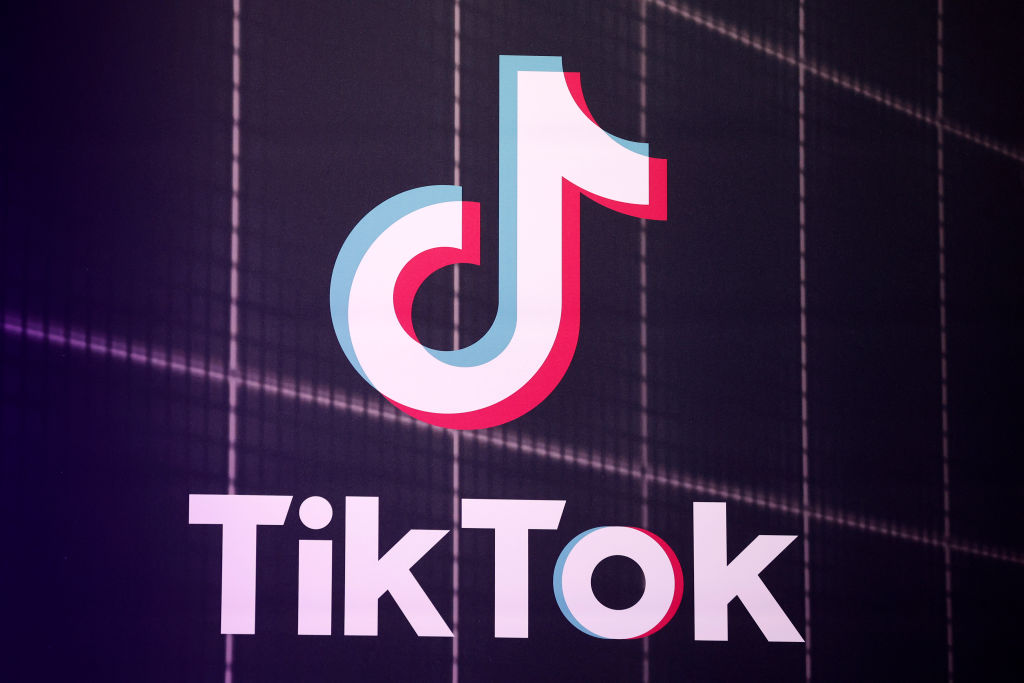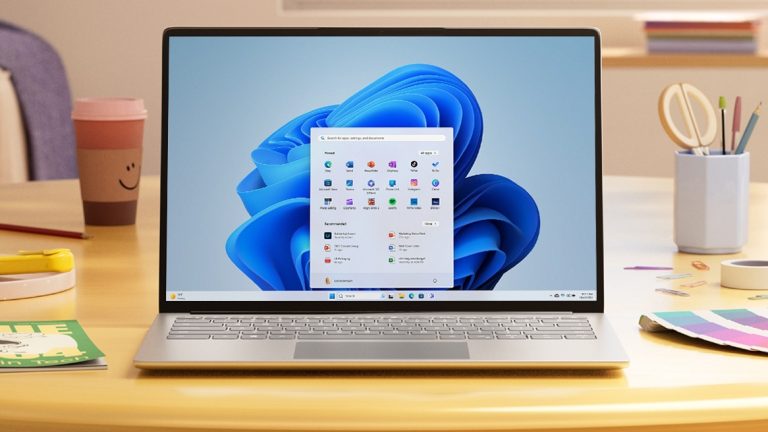In the past two weeks, United States lawmakers have increasingly restricted access to China-owned TikTok on government-managed devices. TikTok is one of the most popular apps in the world. Most recently, state agencies in Louisiana and West Virginia yesterday implemented new bans to prevent TikTok from tracking government employees or censoring their content. According to Reuters, that brings the total up to 19 out of 50 US states that have “at least partially blocked access on government computers to TikTok.”
It seems that states are taking what actions they can to protect US data, as, for months, President Joe Biden has seemingly dragged his feet after reportedly coming close to completing a deal with TikTok that would prevent a nationwide ban from wrenching the popular app out of the hands of 100 million Americans. Now news outlets report that it’s unlikely that Biden will seal that deal before the year ends. The New York Times reported that the deal’s terms are “unlikely to satisfy anyone.”
While Biden ponders his potential agreement, Congress seems just as ready as states to move more aggressively against TikTok. Just today, Congress introduced a new spending proposal that included a plan to restrict TikTok access for all federal employees on all government devices. Last week, the Senate voted to approve a similar ban restricting all federal employee access to the app. Reuters reported that this week, the US House of Representatives would have to approve that bill before passing it on to Biden. Even more aggressively, last week, Congress also introduced bipartisan legislation that went even further, seeking to ban TikTok for all users nationwide, citing national security concerns.


 Loading comments...
Loading comments...
